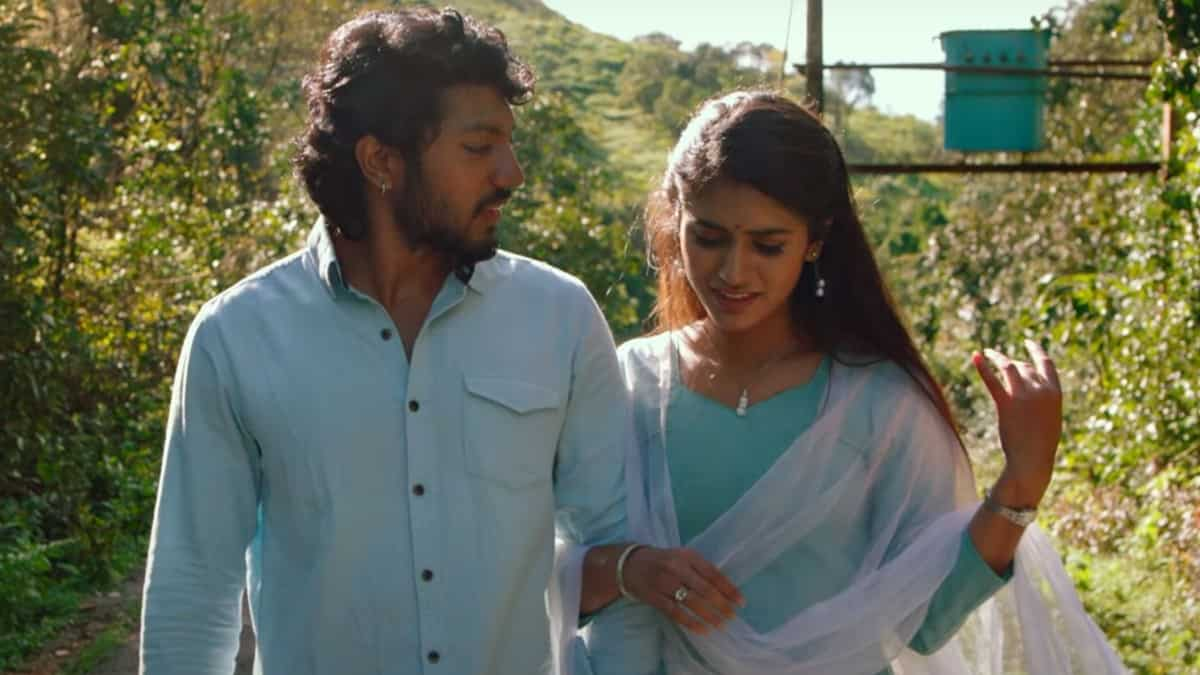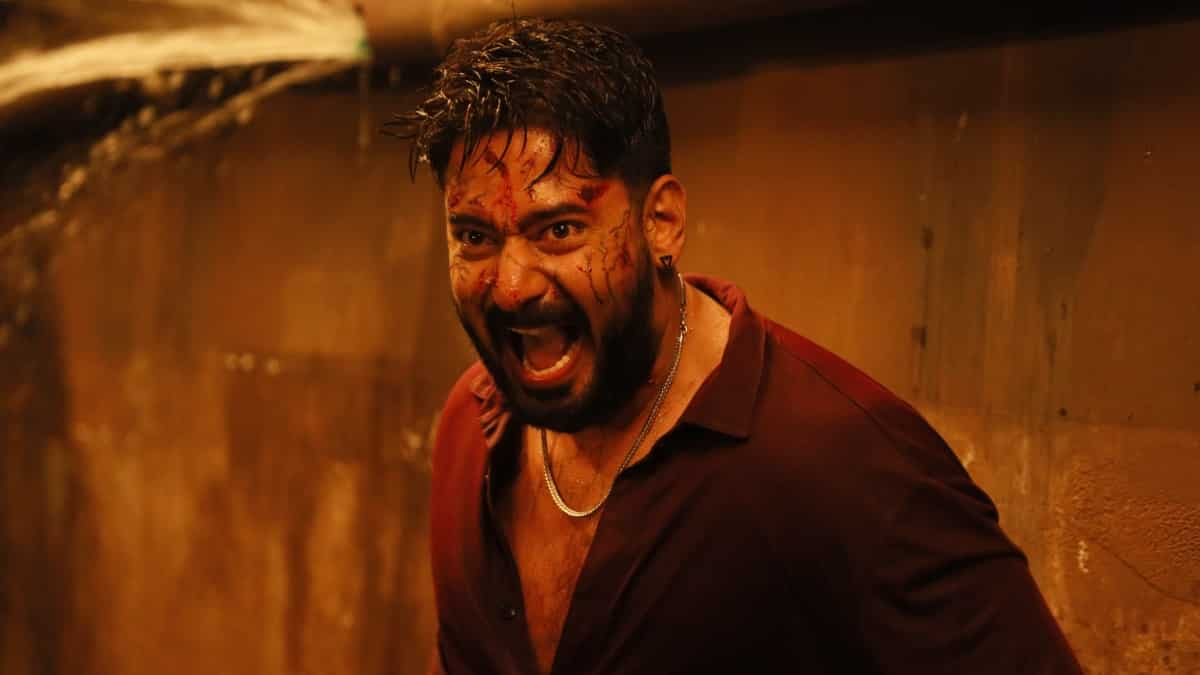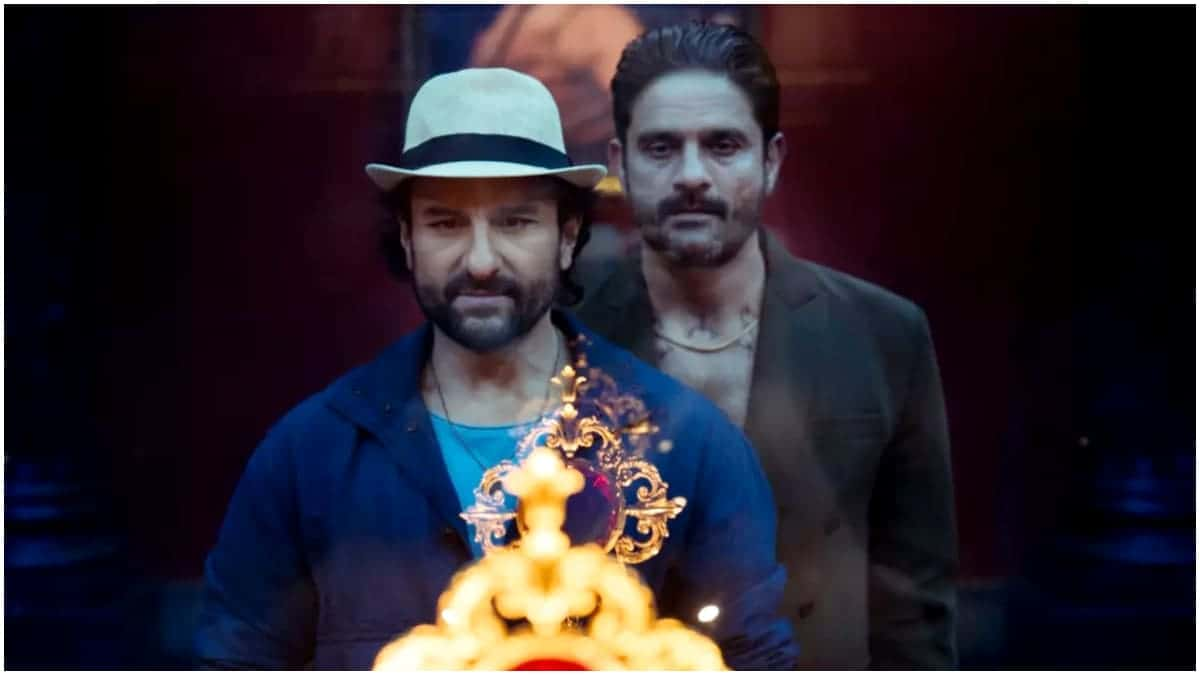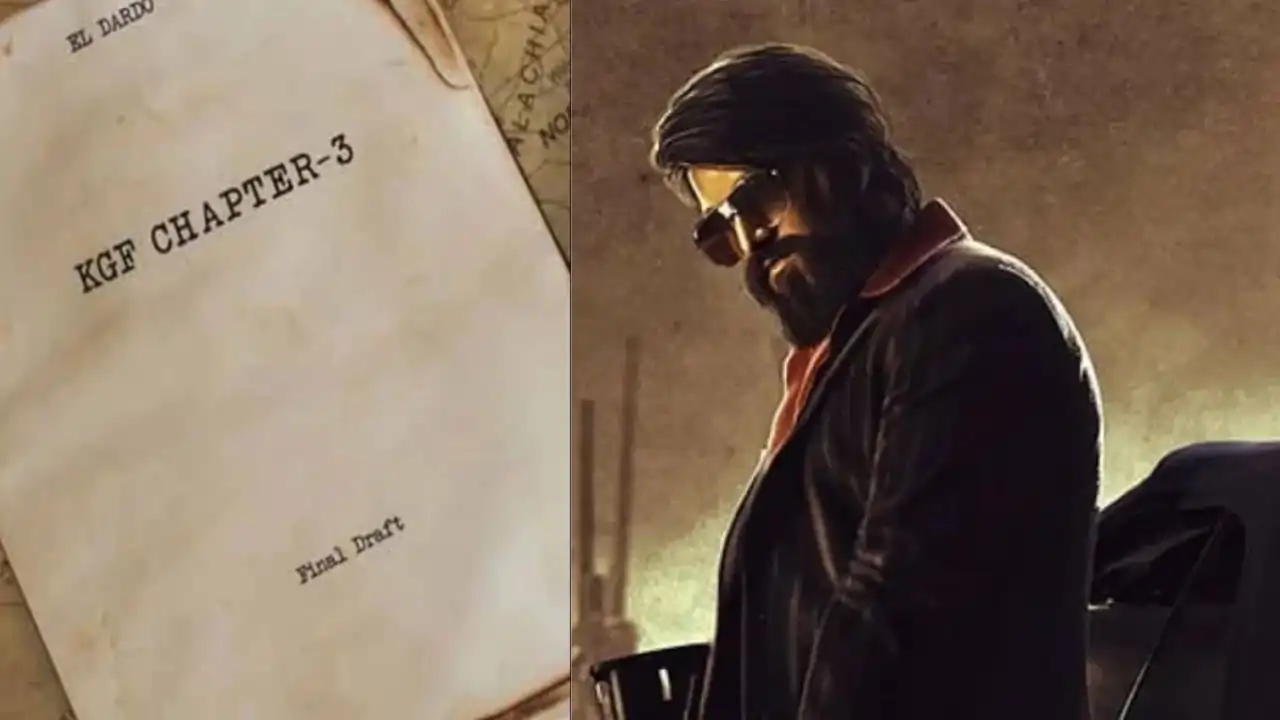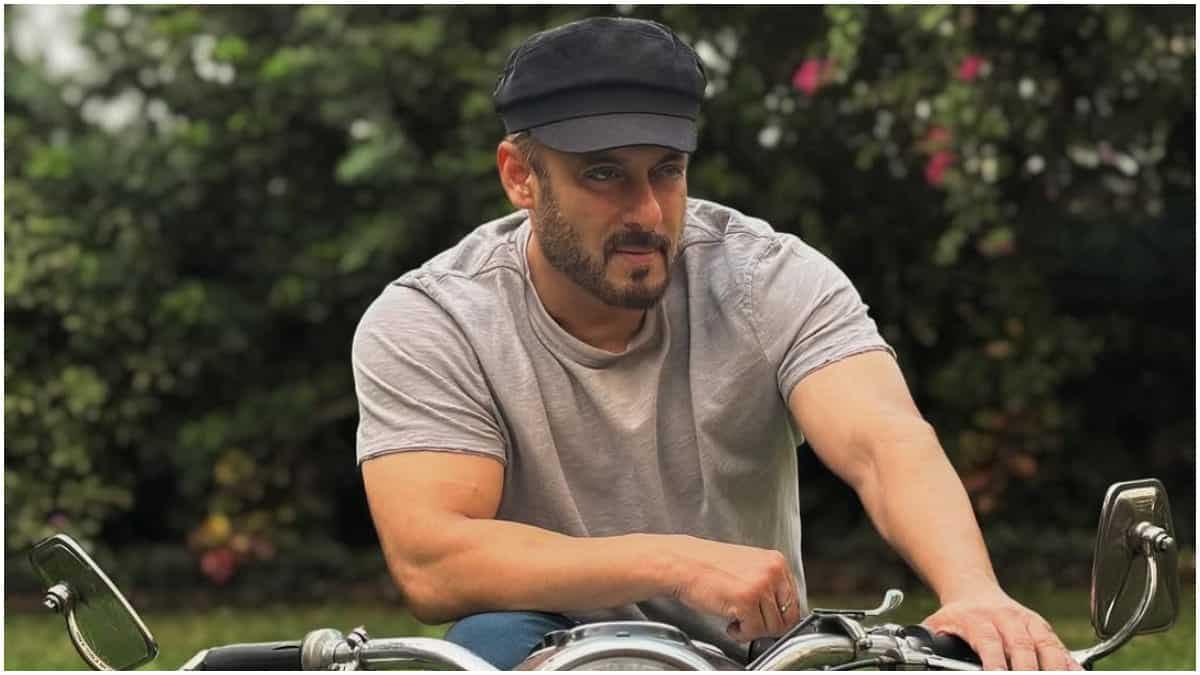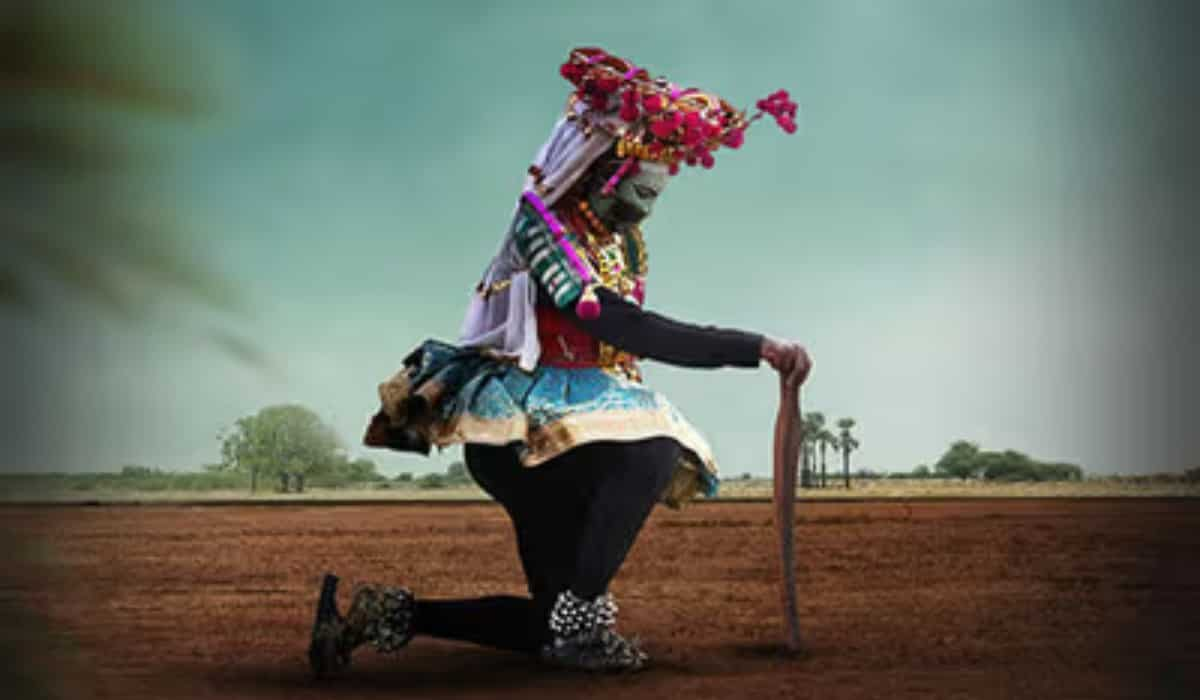
Jama Movie Review: An intricate portrayal of world of street plays, albeit a few cliches
8 months ago | 152 Views
Jama Review
Jama Movie Story
Kalyanam (Pari Elavazhagan) is part of a local 16-member drama troupe Ramachandran Nadaga Sabha, who essays the streepart (the female role) as Draupadi in the Mahabharat plays. While he may be content with his life and how he goes about doing his art, it soon becomes a problem for him to find a bride after many cite his effeminate nature, prompting him to ask the troupe’s director, Thandavam (Chetan), to make him play the rajapart (lead) as Arjuna. What ensues is a series of conflicts about the nitty-gritties of street plays.
Jama Movie Review
At a distressing point in Jama, Kalyanam’s mother hails Ardhanarishvara, a Hindu deity known for his half-and-half appearance as a man and woman. It might be a passing reference and a minute detail, but in retrospect, it adds a layer to how the family regards their craft as a devotion, which makes them disregard a quality of a man considered not manly enough by most of society.
Jama is also a film that makes its runtime an immersive experience rather than a point-black textbook lesson in talking about the importance of craft in today’s era of forgotten folklore and performing arts.
Jama is a deep dive into the politics of a small drama group, which turns street corners into stages. Stages where an artist gets his due recognition for playing a part that is adored and hailed by his audience, that makes him thrive and revel in the space for longer, before resuming his nonchalance and ignored life of an artist.
And what else can give them more of this than playing the main lead? This paves way for the conflict to arise in Jama. With the local troupe headed by Thandavam, who denies Kalyanam the male lead, forming the main antagonist of Jama, the film becomes a meta version of itself, about how Kalyanam indeed becomes the male lead he wishes to be without lifting the crown the role comes with.
Pari Elavazhagan, who doubles up as actor and director, understands the vision of the film and leaves no stone unturned in making Jama a film solely about the inner workings of drama troupes. He shows Ramachandran Nadaga Sabha as neither a glamorous nor a high-profile troupe to make sure that you are invested in the drama that ensues within.
You know why you need to root for Kalyanam to play Arjuna in their plays—a man who is carefully asked to do domestic chores like washing clothes and grinding batter. It is perhaps a commentary on how these chores don’t leave even a person who dresses up as a woman.
However, even though Jama builds a noble and humble world, it resorts to some convenient choices to play with emotions. There are some obvious easy occurances in the film that become evident to stir the drama ahead. You can also draw parallels between films like Kaaviya Thalaivan and Kantara.
But Jama does have an identity of its own. The conflict in the movie is the power dynamics within the troupe and the hierarchy, which is not often spoken about in an artist’s world. While one may see an artist’s struggle or use the art itself to show the importance of placement in this world, Jama explores the inner politics that are often concealed.
But what comes in its way is its rushed sequences in bring emotional flashbacks. A tale of friendship also puts Jama back into a box of routine stories.
Jama Movie Verdict
Jama is a film that knows the humbling audience it wants to appeal to. Barring its small scale, the film understands its assignment and makes clear choices to keep the focus on the interpersonal conflicts of its characters. Of course, it has its drawbacks and can get predictable, but Jama deserves a round of applause for its noble intentions of making a film truly dedicated to art.
#



